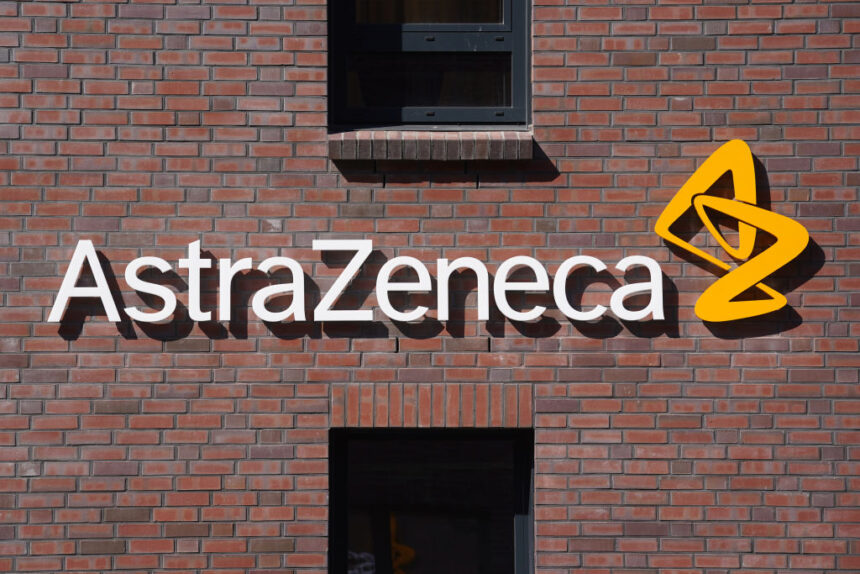AstraZeneca is acquiring rare endocrine disease biotech Amolyt Pharma for $800 million upfront, the pharma giant announced Thursday morning, marking its expansion into rare endocrinology.
The deal, which includes $250 million in additional milestones, is worth up to $1 billion and gives AstraZeneca Amolyt’s hypoparathyroidism drug, eneboparatide.
Hypoparathyroidism is a rare disease marked by underactive parathyroid glands, which results in lower levels of calcium in the blood. The disorder can lead to chronic kidney disease and some 115,000 people in the U.S. have it, with the majority of them being women.
Eneboparatide is a therapeutic peptide that’s currently in a Phase 3 trial. As a drug that restores and sustains proper calcium levels, eneboparatide is being investigated as an alternative to patients having to take vitamin D and calcium supplements for life.
Marc Dunoyer, CEO of Alexion and AstraZeneca Rare Disease, noted in a statement that the company’s rare disease arm is “uniquely positioned” to lead late-stage development and commercialization of the drug. AstraZeneca picked up Alexion in 2020 for $39 billion to expand its rare disease portfolio.
“Chronic hypoparathyroid patients face a significant need for an alternative to current supportive therapies, which do not address the underlying hormone deficiency,” Dunoyer said. “[Eneboparatide]… has the potential to lessen the often debilitating impact of low parathyroid hormone and avoid the risks of high-dose calcium supplementation.”
In a Phase 2 trial, eneboparatide resulted in normalization of serum calcium levels, and showed potential in possibly eliminating the dependence on daily calcium and vitamin D supplements, the company stated. Eneboparatide also helped preserve bone mineral density in patients.
“Strong Phase 2 data suggest eneboparatide has the potential to improve outcomes for patients and to shift the treatment paradigm for hypoparathyroidism, and we look forward to seeing the continued advancement of the Phase 3 trial,” Amolyt CEO Thierry Abribat said in a statement.
Like other COVID-19 vaccine makers, AstraZeneca has faced declining revenue in the last year as demand for vaccines and related products wanes.
The British drugmaker reported a $3.7 billion decline in COVID revenue in 2023, but managed to grow its total revenue by 8% in Q4 2023.
In the face of these headwinds, it’s been trying to make up for COVID sales with a buying spree.
In November, AstraZeneca bought the rights to Eccogene’s GLP-1 drug, ECC5004, for $185 million – seeking to jump into the increasingly lucrative obesity treatment space.
Late last year, AstraZeneca also purchased Icosavax for up to $1.1 billion to bolster its vaccine pipeline, including a protein VLP vaccine for both respiratory syncytial virus and human metapneumovirus.
Alexion, meanwhile, struck a purchase and license agreement with Pfizer in 2023 to pick up a slew of its gene therapy programs.
For a March 2024 article on AstraZeneca acquiring Fusion Pharmaceuticals, click here.







